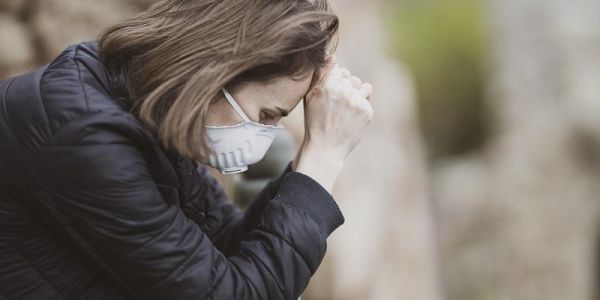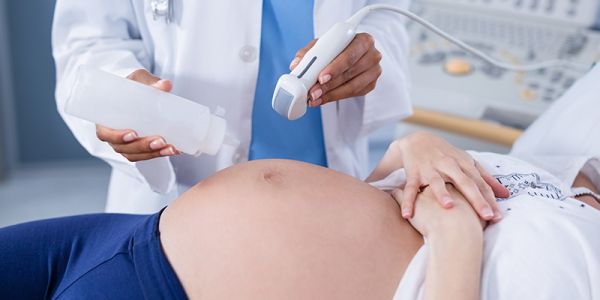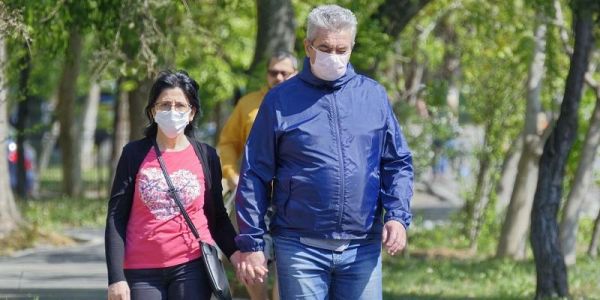
Academic honoured for ‘exceptional achievements’ tackling COVID-19
A Leeds academic has received a top award from the Royal Academy of Engineering for work which has had “widespread and significant impact” in tackling the spread of coronavirus.

A Leeds academic has received a top award from the Royal Academy of Engineering for work which has had “widespread and significant impact” in tackling the spread of coronavirus.

Two thirds of women are putting off going for cervical screening due to fear or past experience of pain and discomfort, according to a new study.

Researchers have identified a pattern of longer-term symptoms likely to be experienced by people who were hospitalised with COVID-19.

New scanning protocols have been drawn up for the thousands of expectant parents affected by pregnancy complications each year.

The death rate for patients who experienced what is normally a lower-risk heart attack rose sharply during the peak of the COVID-19 pandemic, according to an analysis of NHS data.

Professors Alejandro Frangi and David Jayne have been appointed as the first joint Directors of the new Centre of Responsive HealthTech Innovation.

A new meta-analysis emphasises the need for the next generation of “health conscious” products to focus on food texture to enhance the feeling of being full.

A third of people with heart attacks may not have gone to hospital at the start of the COVID-19 pandemic.

The World Health Organisation needs to recognise that coronavirus might be spread by tiny respiratory droplets that remain in the air for prolonged periods, say leading academics.

A major new interdisciplinary research centre has been launched with the aim of putting Leeds at the forefront of global efforts to tackle cancer.